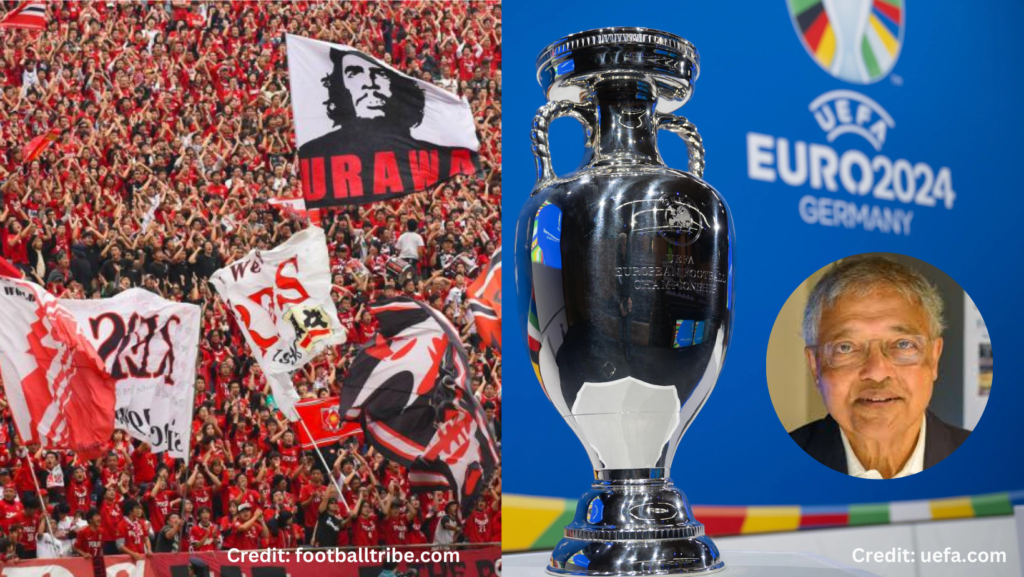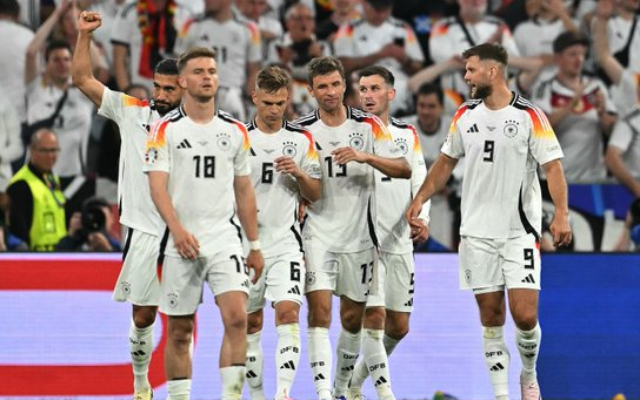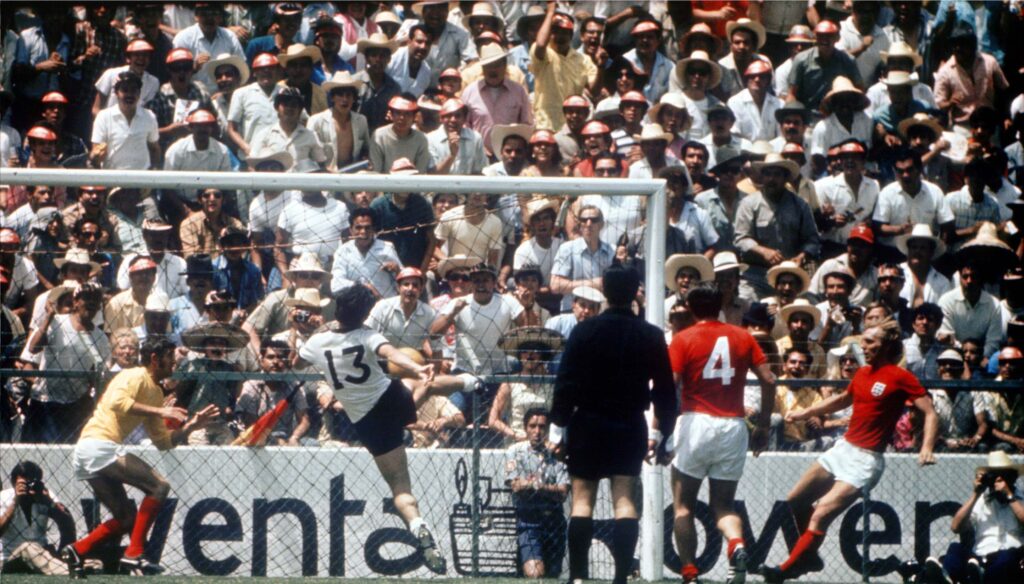
“This is an important tournament and I’ll tell you why,” said Mihir Bose, the veteran journalist, when asked about how he sees the 17th edition of the European Football Championships, Euro 2024, being held in Germany. The tournament began with a bang as the hosts rattled five goals past Scotland in a statement of serious intent.
Bose, who has authored multiple books on cricket and football in his long and celebrated journalism career with the BBC and others, shared his varied thoughts on the ongoing competition.
Sport and politics often go hand in hand, and we have seen that on several occasions. Sports has been used to convey political messages, as was the case during the 1968 Mexico City Olympics, with the Black Power Salute by Tommie Smith and John Carlos. There was also the boycott of the 1980 Moscow Olympics, led by United States and followed by over 60 countries, in protest at the Soviet invasion of Afghanistan.
“The tournament is being held in Germany, and I was there at the 2006 Germany World Cup,” said Bose. “The Germans said: ‘This is the first United Germany after the World War,’ and used it for their political purpose.”
According to Bose, the current Euro is significant because of the political scenario in Europe. “As the recent elections have shown, there has been a growth of the right wing and people those who don’t really follow football are hoping that this tournament will bring Europe together through football.
“What is happening in Europe, and this is of great concern to a lot of people, is the growth of the right wing. This is what we call a pseudo-right philosophy. They pretend they’re not far right, but they are people who don’t want the ‘boat people’ to come to Europe and throw them on some island.”

Bose mentioned that the situation in Germany was similar. “In Germany, there are signs of revival of far-right groups who are allied with Nazi values,” he said. “In this context, football becomes quite relevant because there are these fan groups called the Ultras, who are quite right-wing.”
The football Ultras are fan groups who are often recognised as the ferocious element of any team’s support, who will go to war for their badge. “All these teams, particularly from Eastern Europe have fan groups called the Ultras, who are quite right-wing, and who bring back memories of what happened in Europe before the war and so on,” said Bose. “I think there is a fear that in the crowd, as some of these teams play, that element of ultras will come up.”
The English and the Serbs have a chequered history too. While there is no ongoing political stand-off between the two countries, historical and political tensions have occasionally influenced sports. The NATO bombing of Yugoslavia in 1999, with UK involvement, created lasting animosity, affecting encounters between Serbian and British teams. Kosovo’s 2008 independence, recognized by the UK but opposed by Serbia, heightened tensions, notably during charged sports matches. Incidents like the 2012 UEFA Euro U21 qualifier, marred by racism and violence, and the heavily policed 2017 Europa League match between Red Star Belgrade and Arsenal, reflect these strained relations. Even in tennis, the 2016 Davis Cup tie carried undertones of historical conflicts. “England are playing Serbia and there have been warnings that the Serbian Ultras might not behave friendly with the English fans,” said Bose. “The English fans are not the most welcomed traveling fans, and there is a fear of what the Ultras might do?”
In these unpleasant political-unrest situations, football comes as a mediator. “If you have a competition where football takes your mind off politics and makes you feel a part of a European community, that would be great,” said Bose.
Bose goes back to the 1970 World Cup. England were defending the cup and they lost to Germany in Mexico City. “When England lost to Germany, four days late, the general elections took place in England, and the nation seemed to wake up and throw the Labour Party out of power and brought the Conservatives in,” he said. “I’m not saying anything of that sort will happen now, though elections are coming in in England and France, but nevertheless, there is an impact. Sports does have an impact in politics.

“When people see their national team win, they feel a sense of pride. The issue of immigration is a burning topic in today’s European politics and there are multiple debates for and against these issues. At the moment, a lot of people don’t feel a sense of pride in Europe. They feel they’ve been taken over by foreigners, too many immigrants are coming, and the ‘boat people’ are a big problem.”
As for the Ultras, Bose has memories of the time Germany last hosted the World Cup. “Yes, I saw them in the 2006 World Cup, where we had Eastern European teams play,” said Bose. “We saw their fans carrying banners which were carried during the second World War and have Nazi symbols and things like that.
“They would be shouting slogans and if you saw them marching, it was like recreating the pictures one had seen in the history books.”
Now, among all these uncomfortable political flashbacks, comes the power and responsibility of sport to shower some positivity in society. “You know, if Ronaldo’s magic, or if Germany or Harry Kane can produce some magic, it will take the people’s mind off all these issues,” said Bose with a smile on his face.



